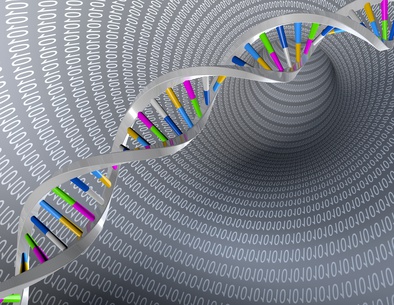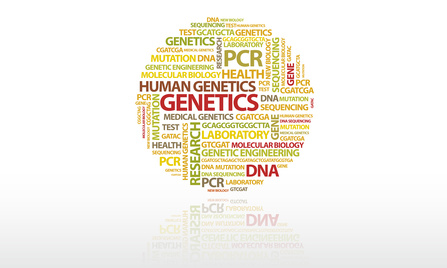With today’s incredible advances in genetic testing, you’re right to expect your sperm donor to be as free as possible of conditions that could seriously affect the health of your baby. But what about you?
I highly recommend that if you’re planning to become pregnant, you should make an appointment with your doctor to have a complete medical evaluation before conception, including genetic tests. Genes contain the information your body’s cells—and your baby’s—need to function.
The genetic makeup your baby is born with can affect your baby’s health in two major ways:
- Single gene disorders are caused by a problem in one gene and run in families. Examples are cystic fibrosis and sickle cell anemia.
- Chromosomes are the structures where genes are located. Chromosome disorders occur when all or part of a chromosome is missing or extra, or if the structure of one or more chromosomes is not normal. Most chromosome disorders that involve whole chromosomes do not run in families.
Depending on your genetic risk factors, your doctor might suggest you meet with a genetic professional for counseling. Reasons to consider seeking genetic counseling include:
- A woman who is pregnant or plans to become pregnant at 35 years or older.
- A family history of a known or suspected genetic condition, birth defect, or chromosomal abnormality. These include Fragile X Syndrome, the leading cause of mental retardation, spinal muscular atrophy, an often fatal neurological disease and cystic fibrosis.
- Two or more pregnancy losses.
- Exposure to a drug or other substance known or suspected of interfering with fetal development.
- Having a medical condition known or suspected to affect fetal development.
- Increased risk of getting or passing on a genetic disorder because of one’s ethnic background. Examples include sickle cell anemia, which has the highest rate of occurrence in African Americans and, and secondly, in Hispanics. Also, people of Ashkenazi Jewish ancestry are at higher risk for diseases such as Tay-Sachs, a rare inherited disorder that affects nerve cells in the brain and spinal cord.
Taking good care of yourself prior to getting pregnant is the best gift you can give, both to you and your baby. And with today’s advances, genetic testing, as part of a good general medical exam, is the best insurance you can have that the genes you’re passing along are good ones.
Sherron Mills
Sherron is the founder and president of Pacific Reproductive Services


